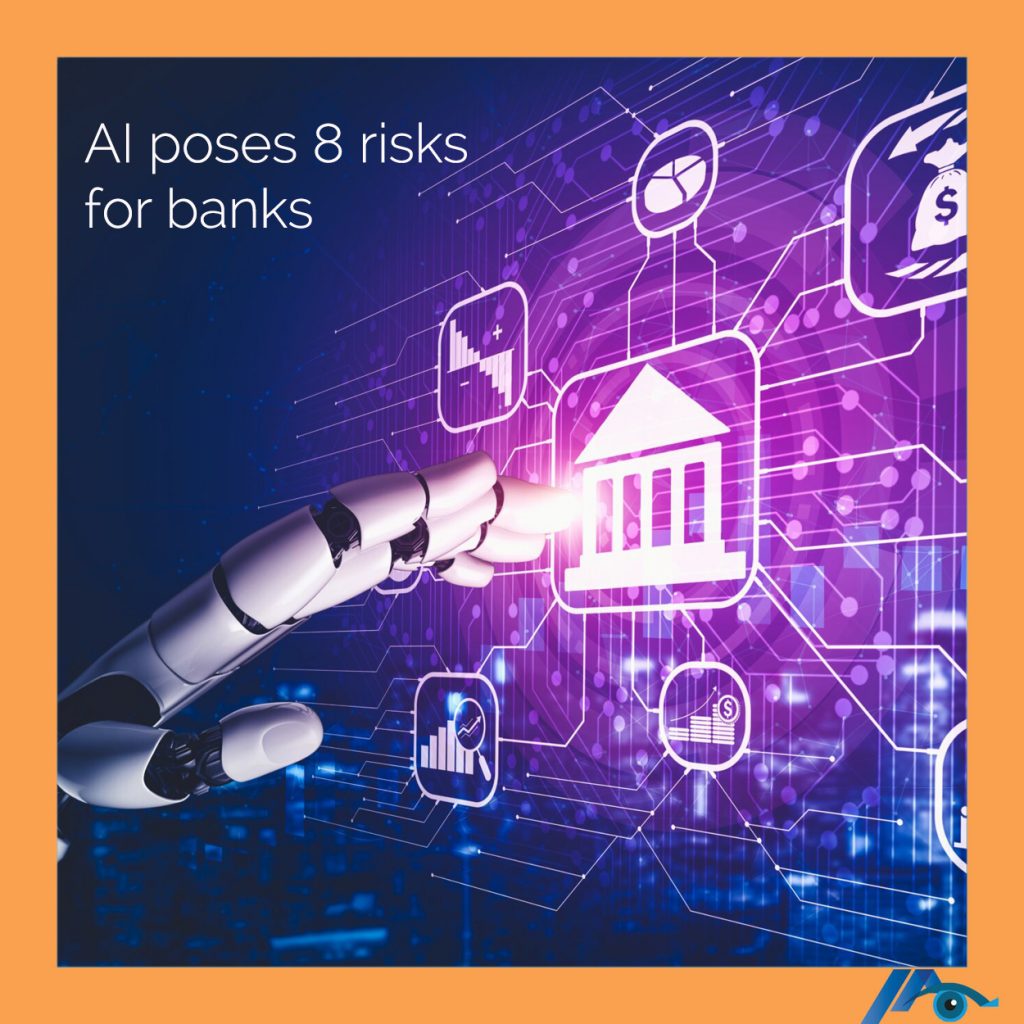
The boom in artificial intelligence will increase banks’ dependence on big U.S. tech firms, posing new threats for the industry. Excitement around using Artificial Intelligent in financial services – widely used already for detecting fraud and money-laundering is rising since the launch of OpenAI’s viral chatbot ChatGPT in late 2022 as banks examine ways to deploy generative Artificial Intelligence.
But at a gathering of fintech executives in Amsterdam this week, some expressed concerns that the amount of computing power needed to develop Artificial Intelligent capabilities would make banks rely even more on small number of tech providers.
ING’s (INGA.AS), opens new tab chief analytics officer, Bahadir Yilmaz, who is in charge of the Dutch bank’s Artificial Intelligent work, told Reuters he expected to rely on Big Tech companies “more and more going forward”, for infrastructure and machinery. We will always need them because sometimes the machine power that is needed for these technologies is huge. It’s also not really convenient for a bank to build this tech.
Banks’ dependency on a small number of tech companies is one of the biggest risks, emphasis on European banks in particular needed to ensure they could move between different tech providers and avoid what is called “vendor lock-in”.
Britain last year proposed rules to regulate financial firms’ heavy reliance on external technology companies, such as Microsoft, Google, IBM and Amazon. Regulators are worried that problems at a single cloud computing company could potentially bring down services across many financial institutions.
“Artificial Intelligence requires huge amounts of compute and really the only way that you’re going to be able to access that compute (computing power) sensibly is from Big Tech,” Joanne Hannaford, who leads technology strategy at Deutsche Bank’s (DBKGn.DE), opens new tab corporate , told an audience at the financial services Money20/20 conference earlier this week.
ING is testing an chatbot currently used for 2.5% of incoming customer service chats. Asked how long it would be until the chatbot could handle half or more of customer service conversations, Yilmaz said within a year.
In its first statement on Artificial Intelligence, the European Union’s securities watchdog said last week that banks and investment firms cannot shirk boardroom responsibility and have a legal obligation to protect customers when using Artificial Intelligence. It warned that the technology is likely to have significant impact on retail investor protection.
The integration of AI in banking comes with several potential risks, including:
1. Bias and Discrimination: Artificial Intelligent systems can perpetuate or even exacerbate biases present in the training data, leading to unfair treatment in loan approvals, credit scoring, and other financial decisions.
2. Data Privacy and Security: Artificial Intelligence relies on vast amounts of data, raising concerns about the security of sensitive financial information and the potential for data breaches.
3. Operational Risks: Errors or malfunctions in Artificial Intelligent systems can disrupt banking operations, potentially leading to significant financial losses and reputational damage.
4. Regulatory and Compliance Issues: AI applications must comply with complex regulatory frameworks. Non-compliance, either due to misunderstanding or the evolving nature of regulations, can result in legal penalties.
5. Transparency: Artificial Intelligent decision-making processes can be opaque, making it difficult for banks to explain decisions to customers and regulators, which can erode trust and lead to regulatory scrutiny.
6. Job Displacement: The automation of tasks traditionally performed by humans can lead to job losses, creating ethical and social implications that banks must address.
7. Concentration Risk: Reliance on a few Artificial Intelligent vendors or systems can create a single point of failure, increasing systemic risk in the financial system.
8. Ethical Concerns: The deployment of Artificial Intelligence raises various ethical questions regarding accountability, fairness, and the potential for misuse.
Mitigating these risks requires comprehensive strategies, including rigorous testing, ongoing monitoring, robust data governance, adherence to ethical standards, and clear regulatory frameworks.
Miracle technologies is a comprehensive NYC based Managed IT Services for Business IT Infrastructures. Our platform is built upon years of unmatched experience at AT&T Labs Research and renowned Wall Street MSPs. We offers cloud support, data center support, C suite services, backbone servers support, security servers, 24/7 managed IT support and Business Continuity/Disaster Recovery.
Our team of IT Support Engineers have consistently overdelivered year after year. Our platform designs, consolidates, upgrades and maintains any IT infrastructure aspect of your business. Our qualified IT support engineers keep your cloud, data centers, vendors management, all backend servers, firewalls, routers, switches, emails, security, and end users devices optimized, while you focus on your core business.
Free IT Support Quotes/Sign Up
myteam@miracletechs.com
(646) 237-4472